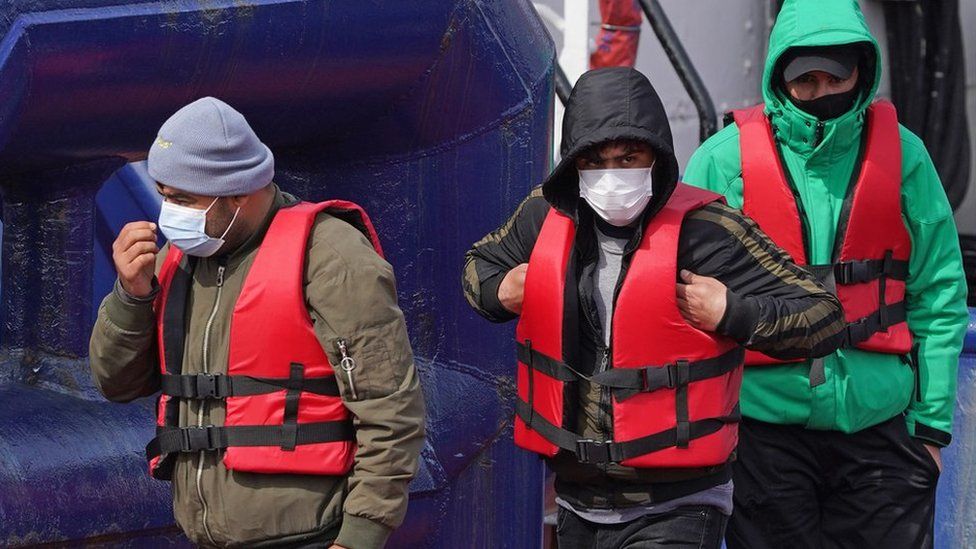Jon Skolnik, Salon
April 16, 2022

Activists supporting a woman's right to choose to have an abortion protested
Just after the Texas GOP's near-total abortion ban (S.B.8) officially took effect last September, companies like Uber, Lyft, Bumble, and Match parachuted into the political fray by providing their Texas-based employees with benefits packages designed to dampen the impact of the bill. Uber and Lyft, for instance, created legal defense funds for drivers who might be sued for providing rides to abortion doctors. And Match, which owns Tinder, a created relief fund for staffers and their dependents seeking to get an abortion outside the Lone Star State. This week, Citigroup and Yelp vowed to cover similar out-of-state care for their employees, a move that no doubt reinforces Corporate America's veneer of progressivism as more Republican-led states – like Idaho, Oklahoma, Arizona, South Dakota – join the race to pass draconian restrictions.
But campaign finance records reveal that at least four out of the six named companies donated heavily to anti-abortion Republicans over the past three decades, underscoring the ongoing disconnect between Corporate America's professed principles and its pocketbook.
Over the past three decades, Citigroup has donated over $6.2 million to the Republican Party, according to the Center for Responsive Politics. In Texas, for instance, Citigroup has given at least $452,370 to various GOP candidates, including the state's vehemently anti-abortion governor, Greg Abbott ($258,370), as well as many of the S.B.8's legislative sponsors. Most notably, the company has directed at least $2,000 toward the bill's chief architect, state Sen. Bryan Hughes.
In Oklahoma, which made abortion provision a felony by up to ten years in prison, Citigroup has lined up the campaign coffers of state Rep. Frank D. Lucas ($27,500), who has consistently voted to undermine abortion access, as well as U.S. Sen. James Lankford, R-Okla. ($7,000), who just this year described himself as "the leading voice in Congress for the protection of life."
Citigroup declined to respond to Salon's request for comment.
Yelp's political contributions similarly fly in the face of its recent stance on abortion, despite the company's reported "progressive" workplace.
Since 2014, Yelp has contributed at least $71,600 to both state and federal Republicans across the country, donating thousands to anti-abortion lawmakers like U.S. Sen. Mike Lee, R-Utah ($5,400), Louisiana Attorney General Jeff Landry ($5,000), Utah Attorney General Sean Reyes ($8,000), and former U.S. Rep. Randolph Farenthold, R-Texas ($5,500). The company has also donated to the National Republican Senatorial Committee, whose current chair, Sen. Rick Scott, R-Fla., rolled back abortion protections as the governor of Florida in 2016, imposing heightened requirements on abortion clinics and prohibiting them from collecting taxpayer dollars.
Asked about these donations, a Yelp spokesperson told Salon that the company's "limited and bipartisan government relations effort is focused on advocating for antitrust policies that rein in Big Tech."
"We take action against abortion bans that violate women's individual freedoms in a number of ways, including evaluating our employee benefits, using our voice to call out these inequities, making sure that when people visit our platform they can find the trusted information they need about the services they are looking for, and donating to organizations that are fighting the legal battle against abortion bans, as well as those that provide reproductive health services and financial support to underserved women," they said.
Want a daily wrap-up of all the news and commentary Salon has to offer? Subscribe to our morning newsletter, Crash Course.
Needless to say, none of this is untrue – at least on paper. In 2019, for example, Yelp signed the "Don't Ban Equality" letter condemning S.B. 8. And last year, it began double-matching employee donations to organizations that are pushing back against the measure. But still, these kinds of gestures are incredibly misaligned with the company's political contributions, said Jennifer Stark, Senior Director of Corporate Strategy at the Tara Health Foundation.
"Companies need to align their political giving with [their rhetoric and benefits policies] so that women and people of color and LGBTQ+ community are no longer the collateral damage of corporate political giving," Stark told Salon in an interview. "You can't really 'op-ed' or 'statement' your way out of where we're at. It takes structural reform on multiple levels."
Even ride-sharing services like Uber and Lyft, which profit disproportionately from users in Democratic-led cities, bear responsibility in fueling the GOP's war on reproductive rights.
Uber has spent at least $78,000 on state and federal Republicans over the span of eight years, including anti-abortion advocates such as Illinois state Rep. Jim Durkin ($7,500), former Illinois state Sen. Bill Brady ($7,500), Georgia state Sen. Steve Gooch ($5,000), and California state Rep. Janet Nguyen ($4,900). The company has also given $100,000 to the Florida Republican Senate Campaign Committee, whose beneficiaries in the legislature recently passed a ban on abortion after fifteen weeks into pregnancy.
Uber did not respond to Salon's request for comment.
Lyft has followed a similar pattern, donating at least $175,614 to state and federal Republicans over the past eight years. Among its most notable beneficiaries are Georgia Gov. Brian Kemp ($3,000), who signed a "fetal heartbeat" bill in 2019, former Missouri Gov. Eric Greitens ($2,500), who in 2017 signficantly curtailed the state's access to abortion options; Gerogia Senate President Pro Tempore Butch Miller ($2,000), who is angling to pass a state measure along the lines of S.B.8; and Tennessee state Rep. Glen Casada ($2,000), who has consistently fought for a total ban on the abortion.
Likewise, Lyft has donated $101,100 to various GOP groups, like the Florida Republican Party ($30,000), the Texas Republican Legislative Caucus ($20,000), and the Senate Republican Caucus of Tennessee ($5,500).
Asked about these donations, a Lyft spokesperson told Salon that the company "could not be clearer about our stance on this issue."
"We believe women should be able to exercise their right to choose and have access to the healthcare they want and need," they added. "We are committed to providing support for the drivers on our platform which is why we created a Driver Legal Defense Fund to cover 100% of legal fees for drivers sued while driving on our platform."
While abortion may be the latest issue in which Corporate America has found itself torn between good business and bad politics, it's certainly not the only one.
Last year, Popular Information reported that 25 major U.S. corporations who advertised their support of Pride month donated over $10 million to lawmakers who have fought to curtail LGBTQ+ rights.
And while big companies like Amazon, Starbucks, and Microsoft issued commitments to promoting diversity, equity, and inclusion, many continue to sit on and donate to police foundations, which allow police departments secretly green-light off-the-books expenditures for initiatives that disproportionately harm people of color.
Most notably, after the Capitol riot, much of big business announced that it would halt donations to any lawmakers who objected to the 2020 presidential election. Two years later, dozens of companies have completely reneged on this pledge, donating nearly $5 million to insurrectionist political groups and members of the Sedition Caucus, according to the government watchdog Citizens for Responsibility and Ethics in Washington (CREW).
"We've only seen a handful of companies stick to their commitments to quit giving to folks that wouldn't certify the election," Stark said. "We want corporate America, who will continue to give to both sides for as long as it's in their interest … to demand candidates that are less extreme, to demand a better quality of moderate. I think that is what we can and should hope for.















